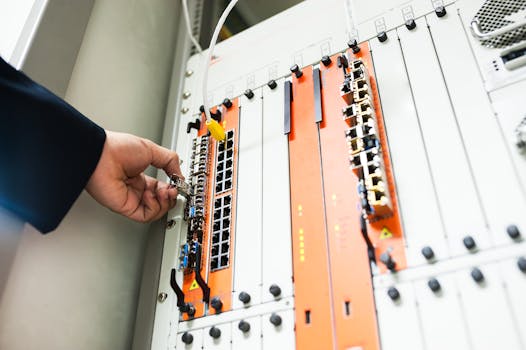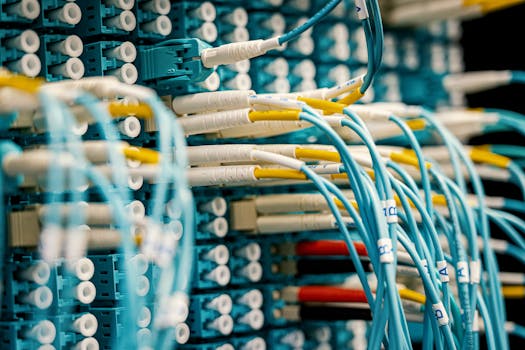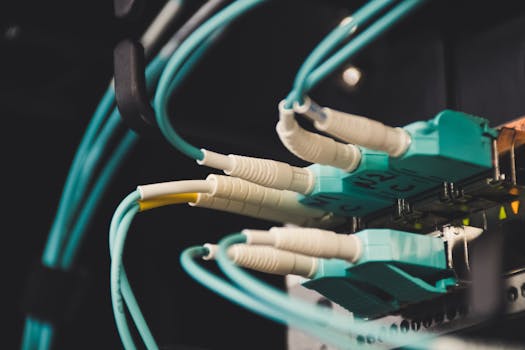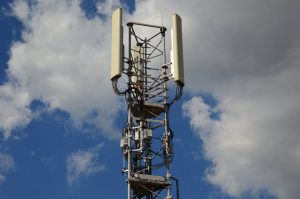Spinning Success: Spotlight on Africa’s Emerging Fiber Industry Leaders

Spinning Success: Spotlight on Africa’s Emerging Fiber Industry Leaders
Africa’s emerging fiber industry is gaining momentum, with several leaders making significant contributions to the sector. As the demand for high-speed internet and reliable connectivity continues to grow, the African fiber industry is poised for significant growth and development. In this article, we will delve into the success stories and opportunities in the African fiber industry, with a focus on the key players and innovations driving this growth.
Introduction to Africa’s Fiber Industry

The African fiber industry has undergone significant transformations in recent years, driven by the increasing demand for high-speed internet and reliable connectivity. The sector has seen significant investments in infrastructure development, with several countries launching ambitious projects to expand their fiber optic networks. According to a report by the International Telecommunication Union (ITU), the number of fiber optic subscriptions in Africa has been increasing steadily, with a growth rate of 15% per annum between 2015 and 2020.
One of the key drivers of the African fiber industry is the growing demand for broadband services. With the increasing adoption of digital technologies, African countries are recognizing the importance of reliable and high-speed internet connectivity in driving economic growth and development. As a result, governments and private sector players are investing heavily in the development of fiber optic infrastructure, including undersea cables, terrestrial fiber networks, and data centers.
Emerging Leaders in Africa’s Fiber Industry

Several companies and individuals are making significant contributions to the growth and development of the African fiber industry. Some of the emerging leaders in the sector include:
Liquid Telecom, a leading pan-African telecommunications company, has been at the forefront of the African fiber industry. The company has invested heavily in the development of fiber optic infrastructure, including a 70,000-kilometer fiber network that spans across 13 African countries. Liquid Telecom’s network provides high-speed internet connectivity to over 40 million people, making it one of the largest fiber network operators in Africa.
Another key player in the African fiber industry is MTN, a leading telecommunications company with operations in 21 African countries. MTN has invested significantly in the development of fiber optic infrastructure, including the launch of its fiber-to-the-home (FTTH) service in several African countries. The company’s FTTH service provides high-speed internet connectivity to homes and businesses, supporting the growth of digital economies in Africa.
Innovations and Opportunities in Africa’s Fiber Industry

The African fiber industry is characterized by several innovations and opportunities, including the increasing adoption of fiber-to-the-home (FTTH) technology, the growth of data centers, and the development of undersea cables. FTTH technology is revolutionizing the way people access the internet, providing high-speed connectivity to homes and businesses. According to a report by the FTTH Council Africa, the number of FTTH connections in Africa has been growing steadily, with a growth rate of 20% per annum between 2015 and 2020.
The growth of data centers is another significant trend in the African fiber industry. With the increasing demand for cloud computing and data storage, data centers are becoming critical infrastructure in Africa. Several companies, including Liquid Telecom and MTN, are investing in the development of data centers, providing secure and reliable storage for data and supporting the growth of digital economies in Africa.
Conclusion

In conclusion, Africa’s emerging fiber industry is gaining momentum, with several leaders making significant contributions to the sector. The growing demand for high-speed internet and reliable connectivity is driving the growth of the African fiber industry, with several innovations and opportunities emerging in the sector. As the African fiber industry continues to evolve, it is expected to play a critical role in driving economic growth and development in Africa, supporting the growth of digital economies and providing high-speed internet connectivity to millions of people.
See more:





